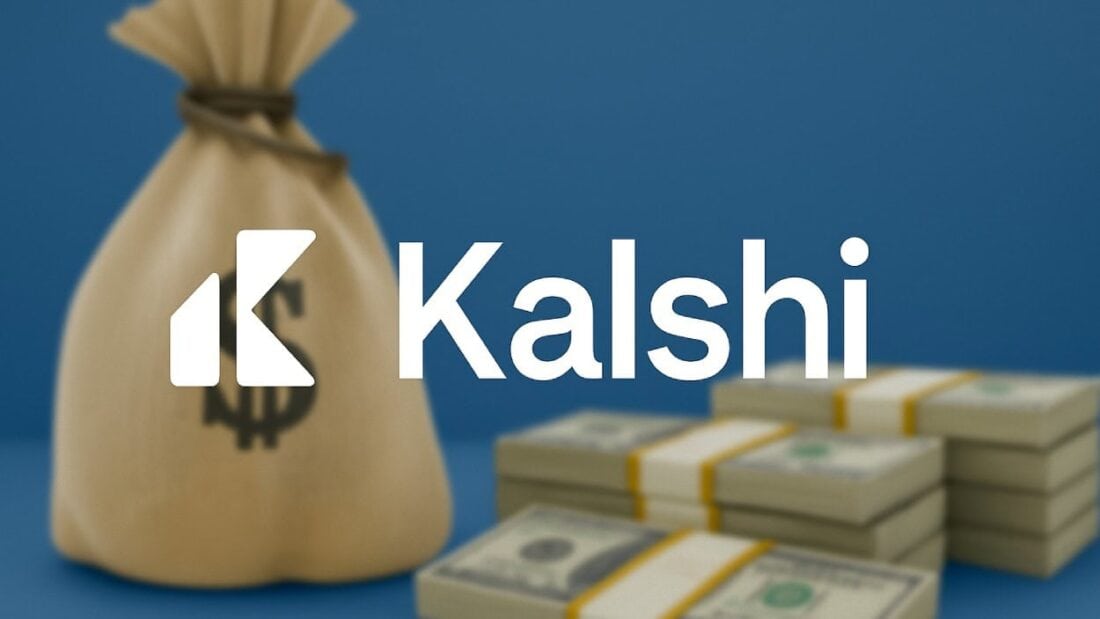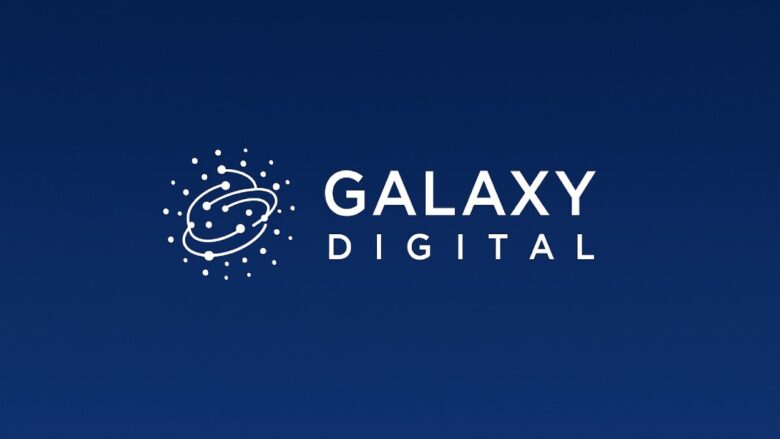Prediction market platform Kalshi has raised $1 billion in fresh funding, doubling its valuation to $11 billion and spotlighting its rapid growth and regulatory challenges.
Key Takeaways
- Kalshi raised $1 billion in a funding round, boosting its valuation from $5 billion to $11 billion in just two months.
- Annualized trading volume hit $50 billion, a massive leap from $300 million the previous year.
- The funding round was led by Sequoia Capital and CapitalG, with participation from Andreessen Horowitz, Paradigm, Anthos Capital, and Neo.
- Kalshi is locked in regulatory battles in the U.S., including a case in Massachusetts and ongoing disputes with multiple state regulators.
What Happened?
Kalshi, a prediction market platform that lets users bet on real-world outcomes, has closed a new $1 billion funding round, skyrocketing its valuation to $11 billion. The raise follows a previous $300 million round just weeks earlier, which had valued the company at $5 billion. The new funding reflects both Kalshi’s explosive growth and the increasing investor interest in regulated prediction markets.
LATEST: 💰 Prediction market platform Kalshi raised $1 billion in a new funding round led by Sequoia Capital and CapitalG, bringing its valuation to $11 billion, according to a TechCrunch report. pic.twitter.com/Nam1rknZXf
— CoinMarketCap (@CoinMarketCap) November 21, 2025
Kalshi’s Growth Trajectory
Kalshi has seen a meteoric rise in user activity and trading volume over the past year. The platform’s annualized trading volume surged to $50 billion, according to data from CryptoRank, marking a staggering jump from just $300 million a year ago. In October alone, Kalshi recorded $4.4 billion in trading volume, outpacing its primary competitor Polymarket, which saw $4.1 billion in the same period.
The company’s appeal has broadened, with bets spanning from politics and sports to entertainment and financial events. A third of all bets on the platform are reportedly sports-related, according to data compiled from Dune Analytics.
To build brand visibility, Kalshi launched a high-profile marketing campaign in New York City during the recent Mamdani versus Cuomo race. The company installed live odds screens in subway cars, showcasing real-time predictions for commuters and drawing attention to the platform’s capabilities.
Investor Confidence and Competitive Landscape
The latest funding round was led by returning investors Sequoia Capital and CapitalG, signaling continued confidence in Kalshi’s trajectory. Other participants included top-tier firms such as Andreessen Horowitz, Paradigm, Anthos Capital, and Neo.
This rapid rise has intensified Kalshi’s race with rival Polymarket, which recently closed its own $1 billion funding round and is aiming for a valuation between $12 billion and $15 billion. Despite this, Kalshi’s recent metrics suggest it may be pulling ahead in terms of both user engagement and trading volume.
Legal Tensions and U.S. Expansion
While Kalshi’s federal legal standing was solidified after winning a lawsuit against the Commodity Futures Trading Commission (CFTC) last year, the firm remains entangled in multiple legal challenges at the state level. These cases center around whether Kalshi’s contracts constitute regulated financial instruments or illegal gambling products.
In Massachusetts, the attorney general is pushing to halt Kalshi’s sports prediction offerings, which could force the company to liquidate $650 million in assets if the court grants the request. Meanwhile, the CFTC dropped its appeal against Kalshi in May, clearing the way for U.S. operations but not ending the company’s regulatory struggles.
Notably, Polymarket, once penalized by the CFTC and forced offshore, has recently regained approval to operate within the U.S., underscoring the shifting legal environment for prediction markets.
CoinLaw’s Takeaway
Honestly, this is one of the fastest turnarounds I’ve seen in the prediction market space. To double a valuation to $11 billion in two months and blow past $50 billion in trading volume is absolutely wild. What really strikes me is how Kalshi has managed to balance bold user growth with aggressive legal battles. They’re not just riding hype, they’re actually delivering numbers and building infrastructure at breakneck speed. But the Massachusetts situation and other state-level fights could throw serious wrenches into this momentum. In my experience, navigating both federal and state regulators is like walking a tightrope, and Kalshi better have strong legal footing ahead.


































































